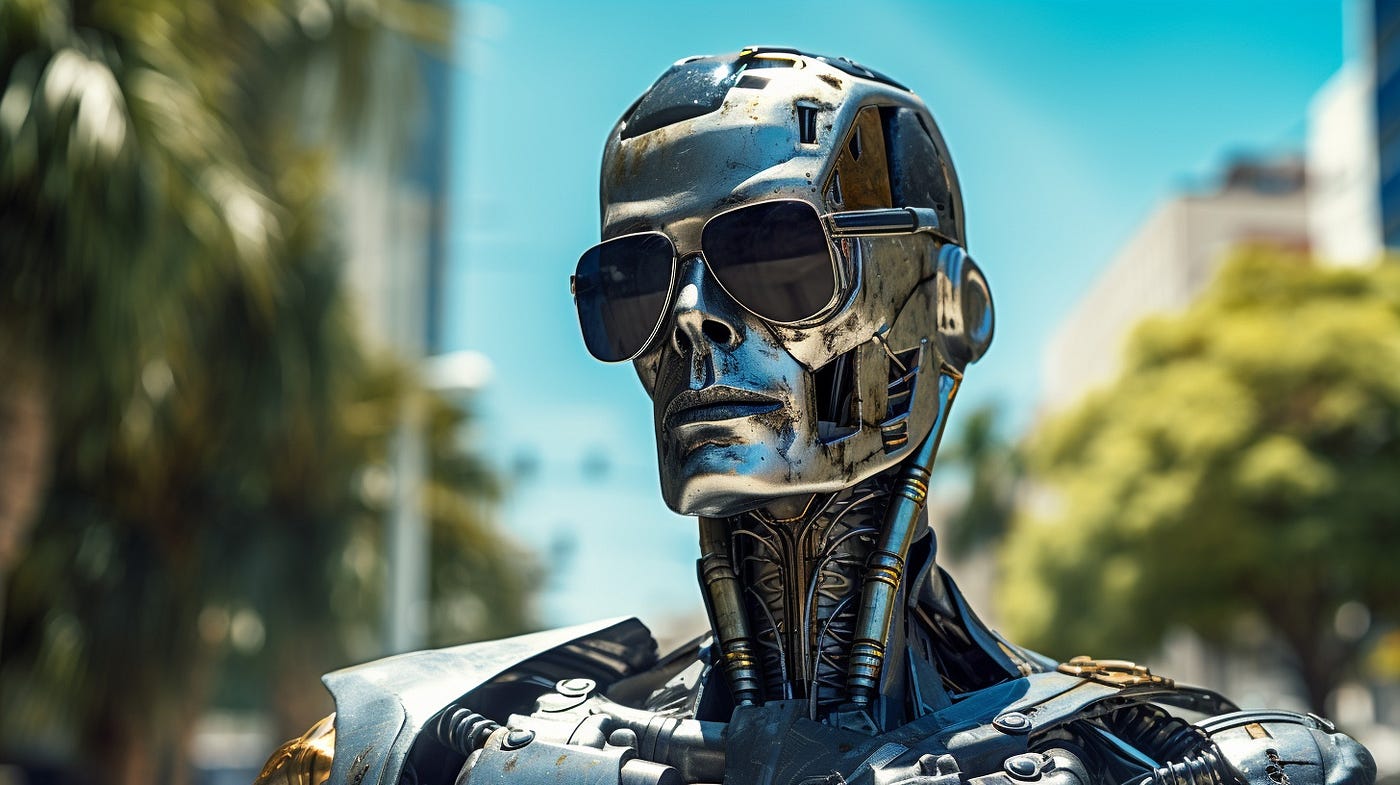Introduction
In the race to dominate the digital future, the boundaries between reality and simulation are vanishing. Artificial intelligence has birthed a new generation of celebrities—virtual influencers, AI-driven spokespeople, and political avatars who command millions of followers without existing in the physical world. The fusion of celebrity culture, technological innovation, and political messaging has produced a phenomenon that is reshaping how societies perceive fame and authority.
This emerging AI celebrity economy isn’t just about entertainment; it’s about influence. As governments experiment with virtual diplomacy and corporations deploy AI ambassadors, the balance of global communication is shifting toward synthetic personalities with real-world power.
The Rise of Virtual Influencers
AI-generated celebrities like Lil Miquela and Shudu Gram have already proven that digital personas can rival human stars in popularity. These entities are meticulously crafted by creative teams and powered by machine learning to mirror human emotions, style, and opinions. Unlike traditional influencers, they never age, tire, or misstep publicly.
This precision makes them attractive to brands and tech companies seeking control over messaging. But as virtual influencers gain millions of followers, questions arise about authenticity, manipulation, and psychological impact. When audiences emotionally connect with AI personas, the boundary between human empathy and artificial design begins to blur.
When Politics Goes Virtual
The political world is not immune to this shift. Governments and advocacy groups are experimenting with AI avatars to communicate policy, deliver public messages, and simulate debates. A handful of political organizations have already tested AI-generated campaign spokespeople capable of multilingual outreach at unprecedented speed.
Such innovation promises accessibility but also introduces ethical challenges. When AI politicians deliver scripted empathy or algorithmically tailored messages, democracy risks turning into a performance of persuasion. The future of governance may hinge on whether people can distinguish between leadership and programming.
Celebrities in the Age of Digital Twins
Human celebrities are also embracing AI to extend their influence beyond physical limitations. Using “digital twin” technology, stars can appear in multiple events simultaneously, endorse brands across continents, and even continue producing content after retirement—or death. The entertainment industry now treats these AI doubles as long-term assets rather than fleeting fame.
This evolution has redefined the concept of legacy. Fans interact with digital replicas that preserve personalities indefinitely, creating a new kind of immortality. Yet, as estates monetize these digital versions, critics argue it commodifies human memory and erases the boundary between authenticity and simulation.
Global Impact on Media and Culture
The proliferation of AI-driven celebrities is influencing global media consumption patterns. In Asia, virtual pop stars headline concerts watched by millions. In Europe and the U.S., brands hire AI spokesmodels to appeal to niche demographics. These trends reflect a broader shift toward algorithmic entertainment—content designed by data rather than creativity.
Culturally, this transformation carries profound consequences. Societies accustomed to human fallibility may struggle to adapt to perfectly curated digital icons. As virtual figures replace traditional ambassadors and entertainers, the emotional fabric that connects people to genuine stories risks weakening.
The Ethics of Synthetic Fame
AI celebrity culture poses moral questions at the intersection of art, technology, and power. Who owns an AI personality’s likeness? Can a digital creation hold opinions or be held accountable for misinformation? And how should governments regulate influence when the influencer isn’t human?
Some jurisdictions have started drafting laws requiring disclosure when audiences engage with AI-generated personalities. Transparency in identity has become a cornerstone of digital ethics. Without such safeguards, the world may find itself ruled by invisible algorithms masquerading as authentic voices.
FAQs
What is an AI celebrity?
An AI celebrity is a virtual persona created using artificial intelligence, capable of interacting with audiences, promoting products, or engaging in public discourse like a human influencer.
Can virtual influencers replace human celebrities?
They can replicate reach and engagement but lack genuine emotion and experience. Human authenticity still holds irreplaceable cultural value despite digital convenience.
Are AI politicians real?
Some political groups have experimented with AI-generated representatives, but none yet hold office. They serve mainly as communicative tools or simulations of leadership.
Is AI-generated fame ethical?
Ethics depend on transparency. Deceptive AI personas that mimic humans without disclosure can mislead audiences and manipulate public perception.
How will this trend evolve?
AI celebrities will likely dominate advertising, entertainment, and global communication, creating hybrid ecosystems where human and digital identities coexist seamlessly.
Conclusion
The AI celebrity economy represents the next frontier of influence—one that transcends nationality, language, and even mortality. Virtual figures command audiences across continents, blurring the difference between the authentic and the artificial in ways the world has never faced before.
As technology advances, humanity must decide how much power to give to creations that reflect us but are not us. The survival of truth and empathy in this new digital ecosystem will depend on whether we treat AI as a mirror or a master.

Leave a Reply